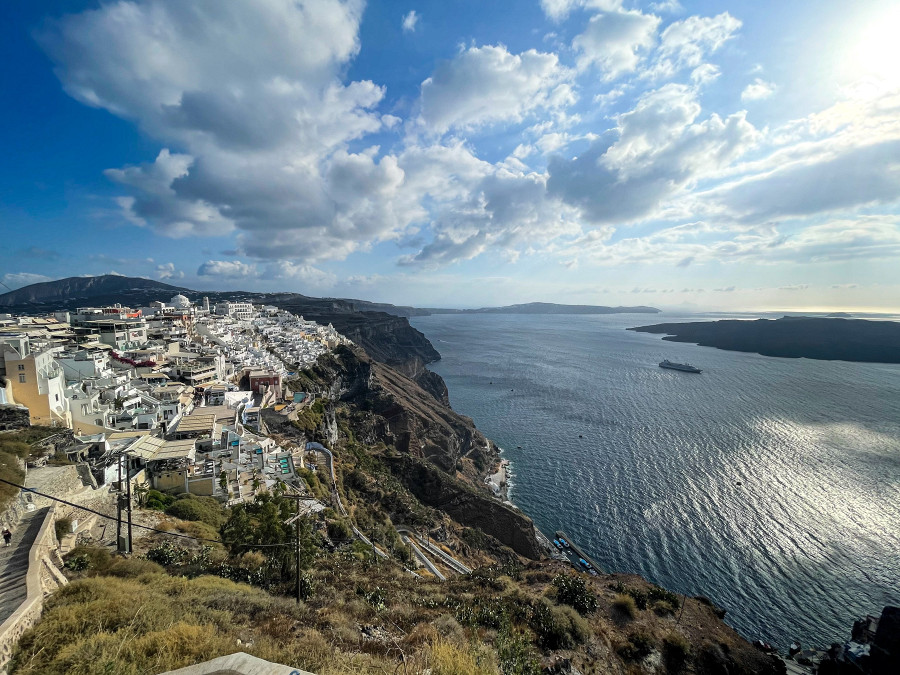Third DAM research mission is launched on extreme marine events and natural hazards
18.04.2024

Researchers from Kiel University are involved in all four projects of the mareXtreme mission
The third DAM research mission, mareXtreme, launched in January, embarks on an ambitious three-year journey with approximately 150 scientists from 29 research institutions and partner organizations, including a strong contingent from Kiel University. This mission, backed by 20 million euros from the Federal Ministry of Education and Research (BMBF) and the Science Ministries of five northern German states, aims to enhance risk management strategies for extreme marine events and natural hazards. Kiel University's researchers, particularly from the Kiel Marine Science (KMS) research priority area, are actively participating in all four projects of mareXtreme. Their expertise spans marine natural hazards, including emerging pathogens and their effects on marine biodiversity, aiming to develop actionable knowledge and innovative visual tools for various stakeholders.
MareXtreme focuses on the compounded risks posed by simultaneous or sequential extreme events and natural hazards, emphasizing their cascading socio-economic effects, interactions, and long-term impacts on marine ecosystems and coastal communities. Incorporating socio-political contexts into its research, mareXtreme strives for improved predictability of such events, bolstering coastal communities' sustainability and resilience through interdisciplinary collaboration among scientists, policymakers, industry, and civil society.
The mission encompasses four core projects targeting different aspects of marine and coastal risk management:
ElbeXtreme (GEOMAR-coordinated) investigates physical-oceanographic extreme events in the Elbe estuarine coastal system, partnering with Kiel University's Kieler Forschungswerkstatt and the Coastal Risks & Sea-level Rise Research group, Department of Geography.
METAscales (TU Braunschweig-coordinated) examines adaptation strategies for extreme physical-oceanographic scenarios along German coasts, including a Kiel University-led subproject on sediment transport under normal and extreme conditions. A transdisciplinary approach will be used to evaluate different options for coastal protection, such as pre-flushing, and to identify possible alternatives.
MULTI-MAREX (GEOMAR-coordinated) aims to improve action and forecasting for multiple extreme geomarine events in the Mediterranean, fostering community-researcher collaboration to prepare for and mitigate such events. Multi-Marex brings civil society and research together under real conditions in order to develop and prepare authorities and the local population for such events and to protect areas of tourist interest. Researchers from Kiel University are particularly involved in the evaluation of past extreme events and geohazards in the MULTI-MAREX working area and are setting up real-world scenarios or living-labs on site. The aim is to create virtual environments and immersive visualizations from existing and yet to be collected data as a knowledge base for the planned participatory approach.
PrimePrevention (AWI-coordinated) explores predictive strategies for biological hazards emanating from the sea, addressing rising water temperature-related risks and providing vital information for marine monitoring and assessment strategies. The project will provide policy makers and society with important information for adapted marine monitoring and assessment strategies. More than 30 experts in measurement sensor technology, social research, geochemistry and microbiology are involved. Kiel University's research focuses in particular on areas of the German Baltic Sea that are exposed to biological hazards.
Contact
Dr. Felix Gross
Center for Ocean and Society (CeOS)
Institute of Geosciences
Christian-Albrechts-Universität zu Kiel (CAU) / Kiel University
Neufeldtstr. 10
24118 Kiel / Germany
+49 431 880 6595